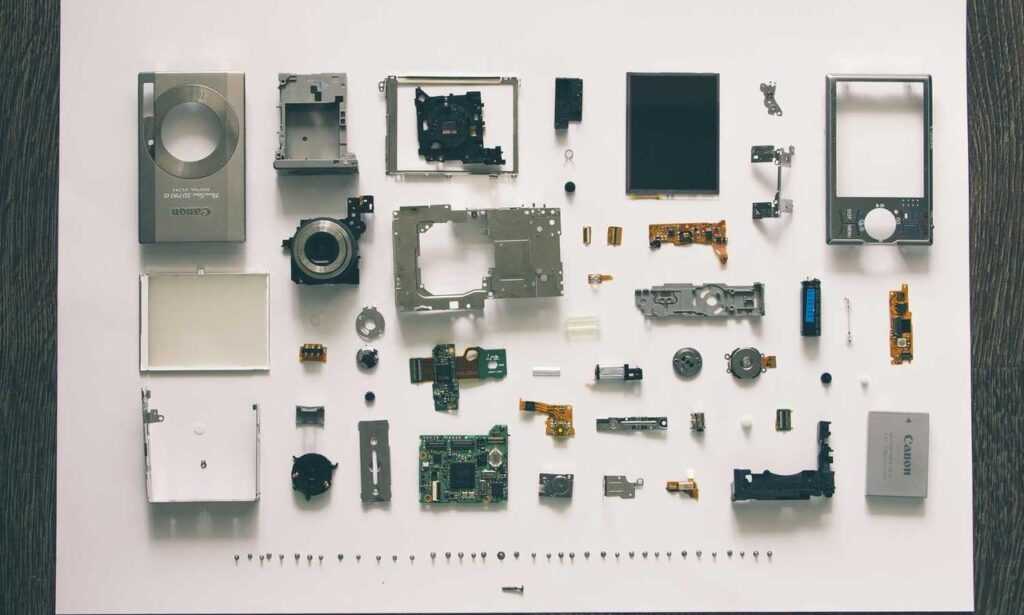What is 2158488800?
This number has shown up frequently in recent months, prompting users to dig deeper. 2158488800 seems to originate from the Philadelphia area, based on the 215 area code. But area codes don’t mean much anymore—calls get routed through all kinds of spoofing systems.
Most reports suggest it’s tied to persistent calls, sometimes multiple in one day. The caller doesn’t always leave a voicemail. That lack of context throws people off. It raises questions: Is it legit? Is it someone trying to collect a debt? Sell you something? Or is it just spam?
The volume of queries it generates suggests something more than random. Enough users are asking that it’s worth a closer look.
Why People Are Talking About It
Digging into public records and call tracking databases, this number shows patterns that might hint at a robocall or outbound autodialer. It often appears in:
Missed calls lists Blocked number logs Spam call reports
Some claim it’s a collection agency. Others say it’s surveyrelated. Neither’s fully confirmed. But the frequency matters—numbers like this don’t stay under the radar if they only call a few times.
Google, social media platforms, and crowdsourced apps like Truecaller or Hiya are flooded with users sharing their experience with 2158488800. The common thread? Repeated calls, few voicemails, and no clear explanation.
Is It a Scam or Something Legit?
Here’s the honest answer: It could go either way. There are three real possibilities:
- Telemarketing – Tons of outbound marketing calls still go out daily. Whether it’s cable, insurance, or financial products, cold calls are a thing—they just don’t work as well in the era of immediate call blocking.
- Debt collection tactics – Numbers like these sometimes get linked to firms chasing down old debts. They operate under different names, often outsourcing to thirdparty services using rotating or nonidentifying numbers.
- Spoofing – The darkest horse. Scammers mimic local numbers so you’re more likely to pick up. You think it’s someone nearby but it’s a bot—or worse—with a script designed to get your personal info fast.
None of these are great, but each needs different kinds of caution.
What You Should (and Shouldn’t) Do
Getting a call from a number like 2158488800 throws many off. The instinct is to call back fast or pick up out of habit. That’s usually not smart.
Here’s a simple playbook:
Don’t answer unknown numbers. If it matters, they’ll leave a message. Do not call back immediately. You could trigger a scam or activate a number they’re tracking. Google the number first. Quick research can show if others are getting the same call. Check your call ID or spam filter app. Some mobile services will flag potentially unwanted calls automatically. Report repeated calling. The FCC and FTC both take complaints about harassment or unlawful robocalls. Document what you can.
Tools to Help You Deal With Persistent Numbers
You’re not on your own here. Tech can filter most of this noise out if you set things up:
Callblocking apps like Nomorobo, Truecaller, or Robokiller can flag a number like 2158488800 quickly and stop your phone from ringing. Carrier spam protections have improved across AT&T, Verizon, and TMobile. Engage whatever default filters they provide. Manually block the number. Once flagged, your phone can put that number straight to voicemail. Less distraction, less stress.
These tools aren’t perfect, but they cut call volume fast. Ten seconds of setup means fewer headaches later.
Where 2158488800 Fits in the Larger Picture
There’s no shortage of dubious phone numbers bouncing across the U.S. telecom infrastructure. But 2158488800 is notable for how often it shows up—and how little information is confirmed about it.
That’s the real issue: lack of clarity. When people keep documenting the same number without an explanation, it feels invasive, even when it might not be. Trust online is fragile. And calls like these don’t build it.
Final Take: Handle Unknown Numbers with Discipline
Here’s what to remember:
Numbers like 2158488800 aren’t surprising anymore. Unwanted calls are part of modern life. Almost none deserve your time. If it’s important, legit callers leave a voicemail. Use tools, stay skeptical, and block fast when needed.
Whether 2158488800 turns out to be telemarketing or something else doesn’t matter much. What matters is how you respond. Be proactive. Use tech. Protect your time.
Because the reality is simple: no random call is worth more than the peace of not getting one.





